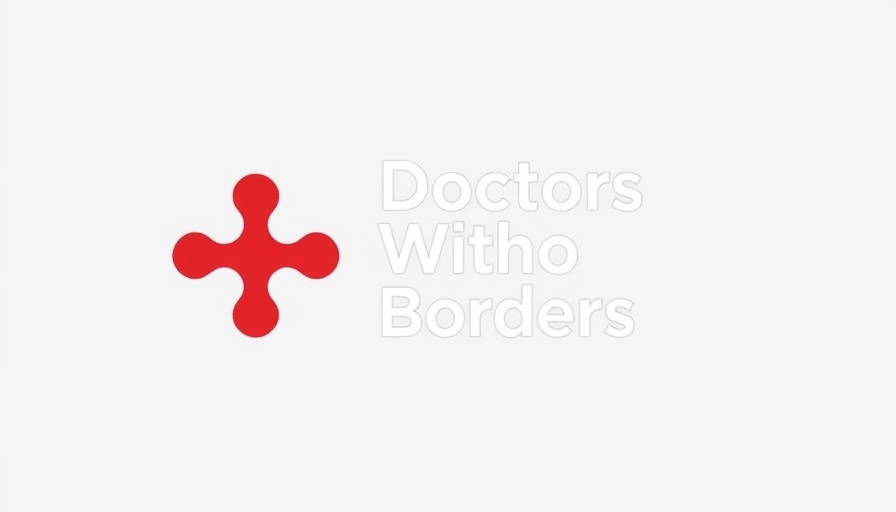
Discover Mind-Body Wellness at the Gaia Centre
On June 28th, immerse yourself in a transformative wellness experience at the beautiful Gaia Centre for Healing Arts. This sanctuary is not just a venue; it's a vibrant hub of holistic health practices where you can enhance your physical and mental well-being through a variety of workshops designed for everyone—from beginners to seasoned wellness enthusiasts.
Prominent Workshops and Activities
Starting the day, join the legendary Gideon le Roux for a Tai Chi session from 9 to 10:15 AM. Known for his engaging style, Gideon will lead participants through the graceful movements of Tai Chi, promoting relaxation and energy balancing. Whether you're a complete novice or someone looking to refine your skills, this workshop for only R200 is a fantastic way to kick off your morning.
If you want to unwind after your workout, consider the Water Spa available from 10 AM to 2 PM. This experience combines the soothing elements of sauna and steam with a refreshing swim in a natural oxygenated pool for just R500. Perfect for rejuvenating your muscles and easing stress, especially on a rainy day!
Yoga for Body and Soul
Next on the agenda is the popular Yoga Sanctuary, taking place from 10:30 to 11:30 AM. This Yoga Flow class is designed to enhance flexibility and strength, costing just R250. Pair it with the Water Spa experience for a blissful morning retreat.
Crafting Moments: Sacred Craft Workshop
At 11 AM, unleash your creativity at the Sacred Craft workshop. Participants will create their own ceremonial feather wands with guidance from Luciana do Cabo. The workshop fosters a sense of community as attendees listen to shamanic stories and learn about traditional smudging practices. No prior experience is necessary, and the cost of participation is R450, including materials.
The Medicine of Joy: Indulging in Wellness Foods
Later in the day, Nicola Bentley will lead a workshop titled The Medicine of Joy. From 1:30 to 3 PM, attendees will learn to concoct nutritious superfood chocolate, marrying health with delight. For just R500, indulge guilt-free while discovering the health benefits of cacao.
Evening Bliss: Sound Bath Experience
Capping off the day, participate in the immersive Sound Bath from 6 PM to 7:30 PM. This experience, costing R390, includes over 25 healing instruments designed to transport you into a meditative state, allowing for natural self-healing through sound.
The Value of Integrative Health Approaches
Engaging in such workshops not only fosters a sense of relaxation and personal connection but also emphasizes the importance of holistic health—an essential aspect in today’s wellness landscape. As we become increasingly conscious of our health due to ongoing public health challenges like COVID-19 and rising chronic diseases, these practices create communal support systems that address mental health and promote overall well-being.
Join Us at Gaia Centre!
The Gaia Centre for Healing Arts is more than just a place to relax; it’s where lifestyle change begins. Strengthen your mind, body, and soul through these engaging workshops. Book your spot now and be part of a health movement dedicated to fostering wellness and community.
Ready to elevate your wellness journey? Don’t miss out—grab your tickets today!
 Add Row
Add Row  Add
Add 




Write A Comment